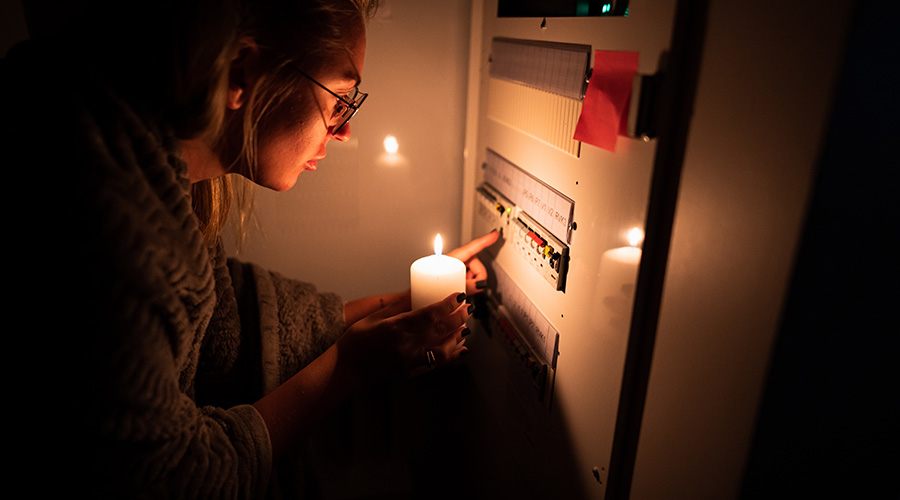While public health officials agree U.S. hospitals are more prepared to handle disasters than they were prior to the 9/11 attacks, concerns have risen in recent weeks about how funding cuts could potentially impede hospital emergency preparedness.
A recent Modern Healthcare article addresses the question of whether or not hospitals nationwide would have the resources to handle a terrorist attack as well as Boston did on April 15.
In the immediate aftermath of the Boston Marathon bombings, the six Level 1 trauma centers located within two miles of the blasts were able to respond quickly and efficiently thanks to a high level of coordination already in place through the Boston Healthcare Preparedness Coalition, which relies heavily on federal funding, the article says.
According to the article, the member hospitals meet bimonthly to review upcoming events, discuss potential hazards and fine-tune response protocols.
“We were already in a heightened alert state with a full marathon plan,” Meg Femino, director of emergency management for Beth Israel Deaconess Medical Center and the coalition's co-chair, told Modern Healthcare. “As horrific as … events were, I have to say that there were a lot of lives saved because the medical tent was there and the hospitals were prepared.”
According to the article, this may not be the case throughout the nation as federal, state and local budget cuts may have undermined readiness measures adopted after 9/11. Furthermore, the article suggests some preparedness requirements may not be rigorous enough, and coordinated disaster planning can be difficult in competitive hospital markets.

 Contaminants Under Foot: A Closer Look at Patient Room Floors
Contaminants Under Foot: A Closer Look at Patient Room Floors Power Outages Largely Driven by Extreme Weather Events
Power Outages Largely Driven by Extreme Weather Events Nemours Children's Health Opens New Moseley Foundation Institute Hospital
Nemours Children's Health Opens New Moseley Foundation Institute Hospital Code Compliance Isn't Enough for Healthcare Resilience
Code Compliance Isn't Enough for Healthcare Resilience Ribbon Cutting Marks First Phase Completion for New Montefiore Einstein Facility
Ribbon Cutting Marks First Phase Completion for New Montefiore Einstein Facility